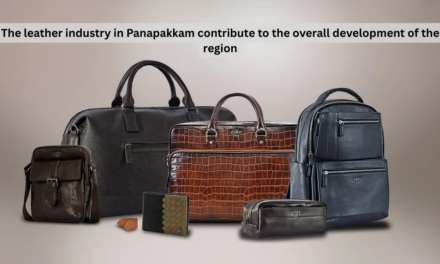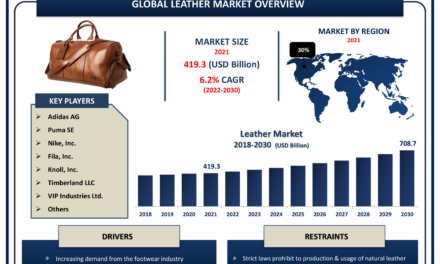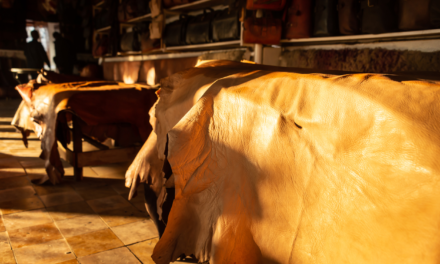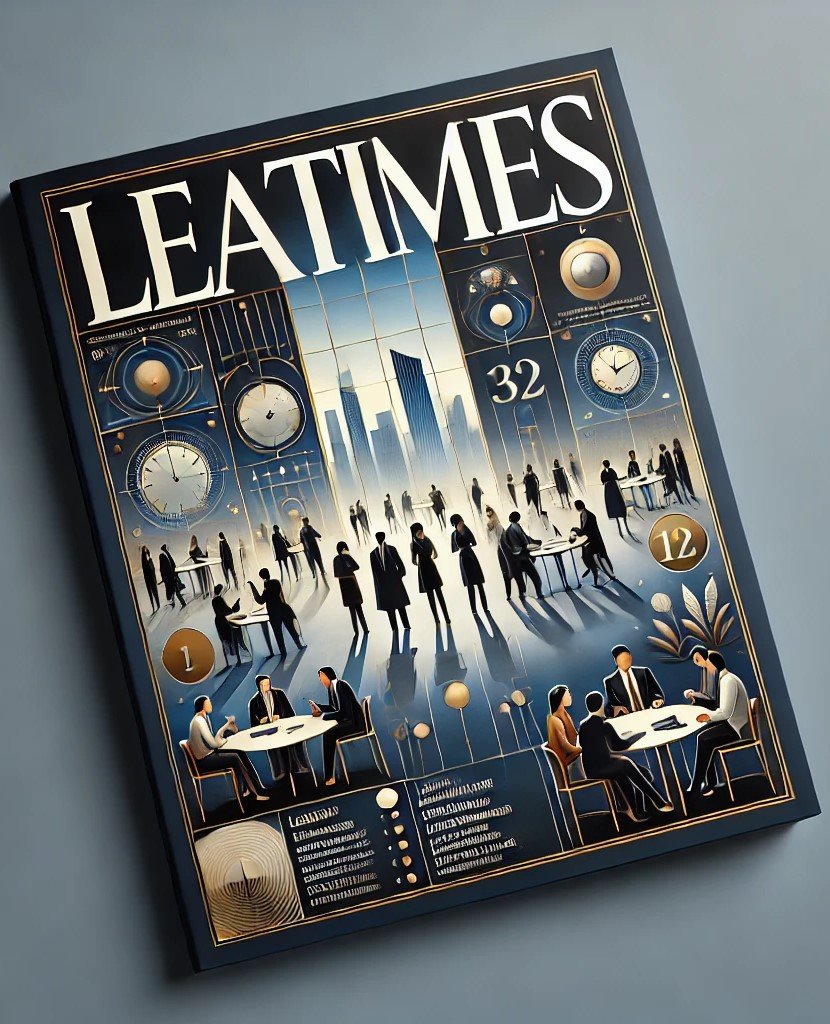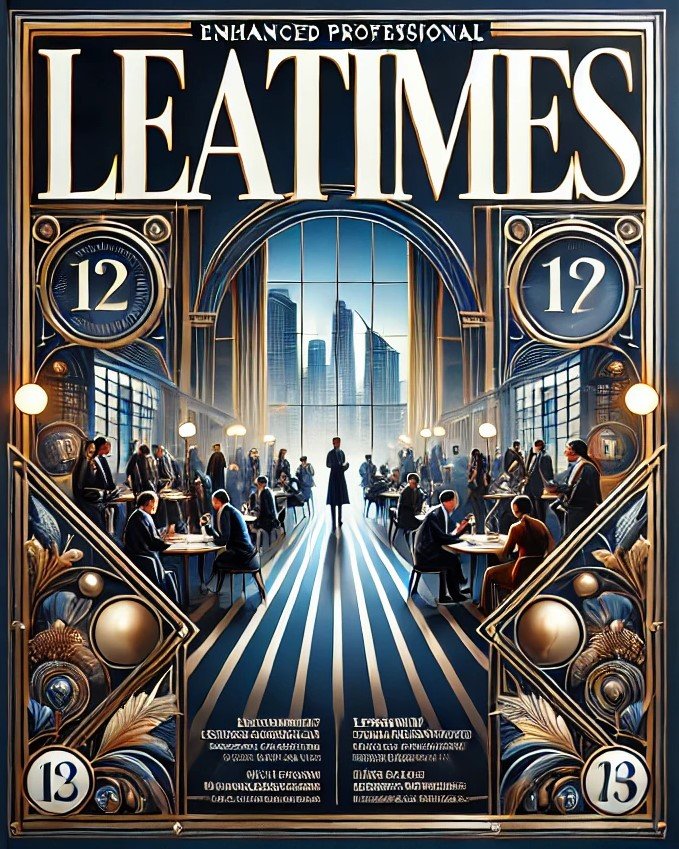Panapakkam’s leather industry integrates into global supply chains through several strategic avenues:
1. Participation in the Global Leather Value Chain:
- Comprehensive Involvement: The industry engages in multiple stages of the leather value chain, from sourcing raw hides to producing finished leather goods. This involvement facilitates integration into international markets and supports economic linkages.
2. Adherence to Sustainable Supply Chain Practices:
- Environmental Compliance: By implementing sustainable supply chain management (SSCM) practices, the industry addresses ecological concerns, aligns with global standards, and enhances competitiveness.
3. Adoption of Advanced Supply Chain Integration Strategies:
- Operational Efficiency: Utilizing best practices in supply chain integration, such as advanced demand/supply integration (DSI), improves responsiveness to global market demands and fosters stronger relationships with international partners
4. Engagement with International Brands:
- Collaborative Manufacturing: Partnerships with global fashion brands enable the production of leather goods that meet international quality standards, facilitating entry into global markets.
5. Compliance with Global Labor Standards:
- Ethical Practices: Adhering to international labor standards ensures ethical production processes crucial for participation in global supply chains.
Through these strategies, Panapakkam’s leather industry effectively integrates into global supply chains, contributing to its growth and international presence.


